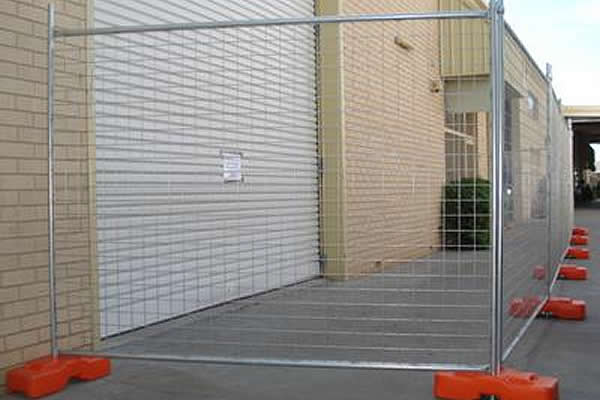 TEL:
+86-13102802206
TEL:
+86-13102802206
 Email:
fencenetting@china.com
Email:
fencenetting@china.com
 Language
Language
 TEL:
+86-13102802206
TEL:
+86-13102802206
 Email:
fencenetting@china.com
Email:
fencenetting@china.com
 Language
Language


Understanding Barbed Wire Fencing for Horses
Fencing is a critical element of horse management, ensuring the safety and well-being of equines on properties. Among various fencing options, barbed wire fencing is often considered due to its durability and cost-effectiveness. However, the suitability of barbed wire for horses requires thoughtful consideration, as there are significant pros and cons associated with its use.
What is Barbed Wire?
Barbed wire is made from strands of wire twisted together, featuring sharp points or barbs at intervals along the wire. It was originally designed for livestock containment and to deter trespassers. While barbed wire has some advantages, its application in horse farming raises essential questions about safety and effectiveness.
Pros of Barbed Wire Fencing
1. Durability and Longevity Barbed wire is highly resilient and can withstand harsh weather conditions. Its durability makes it a long-term solution for fencing, requiring less frequent replacement compared to other materials.
2. Cost-Effective Barbed wire is often less expensive compared to fencing options like wood or vinyl. For horse owners on a budget, this can be an important factor when managing their property.
3. Effective Containment Barbed wire can be effective in containing certain kinds of livestock, preventing animals from pushing through or escaping. This can help keep horses within a designated area, especially when combined with additional fencing types.
4. Low Maintenance Once installed, barbed wire fencing generally requires minimal maintenance compared to wooden post-and-rail or vinyl fencing. It does not rot or require painting.
Cons of Barbed Wire Fencing for Horses

Despite its advantages, barbed wire fencing is often not recommended for horses for several reasons
1. Injury Risk Horses are large, powerful animals that can easily injure themselves on barbed wire. Whether it’s a simple cut or a more severe injury, the risk of lacerations and infections is significant. Horses that become frightened or spooked may run into the fence, resulting in serious wounds.
2. Behavioral Concerns Horses can be skittish, and the presence of barbed wire can create anxiety. A horse may attempt to break through the fence, increasing the likelihood of injury, which can lead to behavioral issues as well.
3. Limited Visibility Barbed wire is not as visible as other fencing options. Horses may not see the strands clearly, which can lead to accidents when they attempt to reach through or jump over the fencing.
4. Incompatibility with Pasture In ideal circumstances, horses are often turned out to graze in pastures. Barbed wire can restrict a horse's ability to safely explore its environment, potentially leading to boredom and other negative behaviors.
Safer Alternatives to Barbed Wire
For horse owners looking for more suitable fencing options, several alternatives provide better safety
- High-Tensile Wire Fencing Similar to barbed wire, but without sharp barbs. This type of fencing is less likely to cause injury while still being effective at containment. - Wooden Fence Classic post-and-rail fencing provides visibility and strength. Additionally, it offers a safer environment but does require regular maintenance. - Vinyl Fencing This is a visually appealing option that is also safe for horses. Vinyl is smooth and free of sharp edges, reducing the risk of injury.
Conclusion
While barbed wire fencing may offer certain benefits related to cost and durability, the potential safety risks for horses cannot be overlooked. When it comes to the welfare of these sensitive and powerful animals, choosing the right type of fencing is crucial. Investing in safer, more visible, and more horse-friendly fencing options will ultimately create a more secure environment, promoting the health and happiness of your beloved equines.